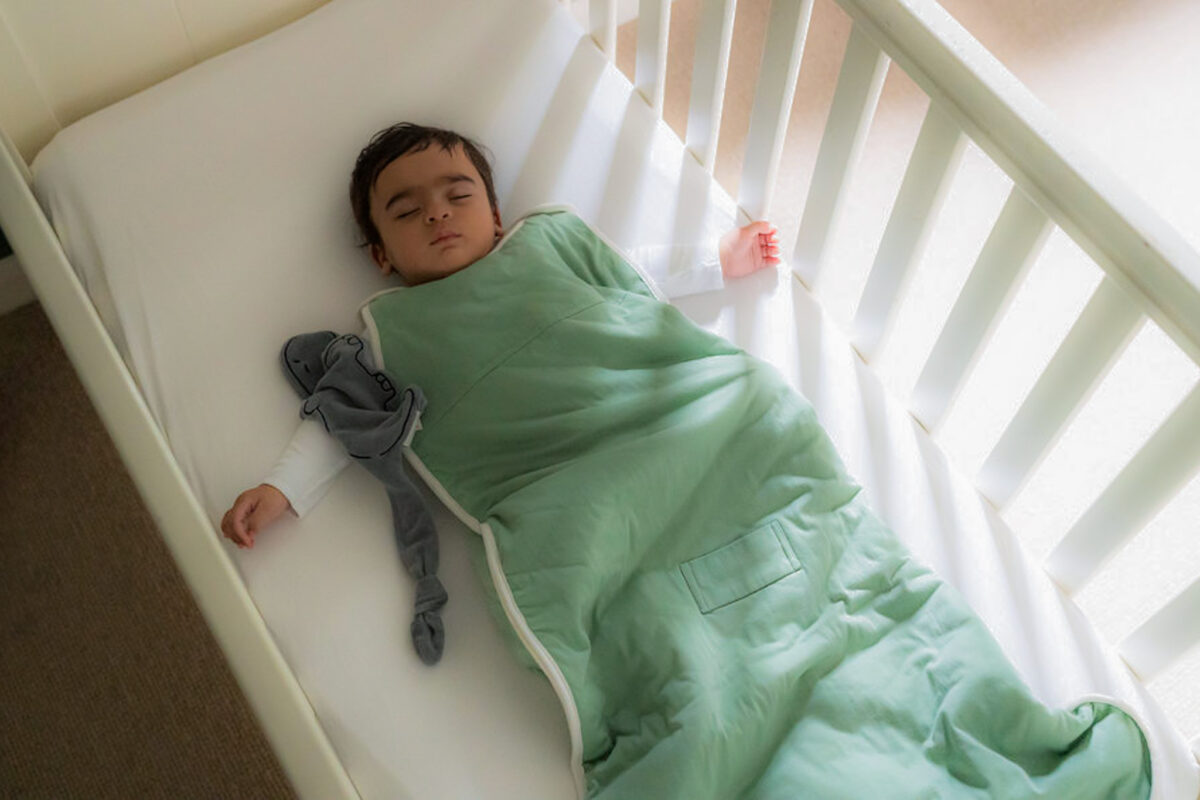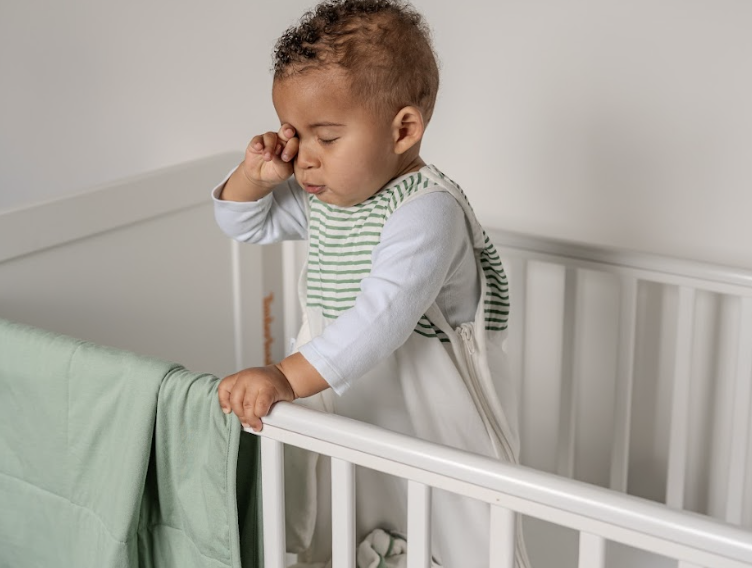
Understanding children’s sleep needs is crucial for their development, mood, and overall health. However, it’s important to remember that each child is unique, and what works for one may not work for another. Here’s a guide, drawn from insights by Susan Wallace of Settled Petals, on the general sleep requirements by age, reminding you that flexibility is key to finding what’s best for your child and your family.
Newborns (0-3 months)
In the early weeks, newborns might sleep up to 18 hours a day in short bouts. Since babies don’t start producing their own melatonin until about 6-8 weeks and don’t regulate to a consistent sleep cycle until around 12 weeks, rigid schedules aren’t effective. Instead, parents should watch for sleepy cues and use recommended wake times as guides, adjusting based on what helps their baby and family thrive.
Infants (4 months – 12 months)
During this stage, infants typically need about 12-15 hours of sleep per 24 hours. Sleep begins to consolidate more at night, though daytime naps remain essential. A typical pattern might involve night sleep from 7 pm to 7 am with three additional hours of naps spread throughout the day, but variations are normal and should be embraced if they work better for your child.
Toddlers (1 year – 3 years)
Toddlers require between 11-14 hours of sleep. The distribution of sleep between nighttime and naps can vary widely. Most children respond well to a bedtime between 6-8pm due to a natural surge in melatonin that helps them fall asleep, but again, flexibility is crucial.
Recognising Sleep Deprivation
If your child isn’t getting enough sleep, it usually shows. Signs include grogginess, unexplained fussiness, dosing off in unusual places, or constant eye-rubbing. If you notice these signs, it might be time to gently tweak their schedule. However, remember that every child is different, and what’s most important is what works for your family.

Perfect Timing
A good rule of thumb is that if your child takes 10-15 minutes to fall asleep, their sleep pressure is likely well-balanced. If it takes much longer or shorter, it might be worth reassessing their routine. Remember, these are just guidelines, and the best approach is one that considers your child’s and your family’s needs.
At Pure Earth Collection, we emphasise creating a safe, comfortable environment that supports good sleep. Our range of non-toxic and organic bedding ensures your little ones have the safest sleep environment, free from harsh chemicals and synthetics that disrupt sleep quality.
A Final Note
While guides can be helpful, the best indicator of a suitable sleep schedule is your child’s behaviour during wake times and their overall mood. If you’re concerned about your child’s sleep or if the recommended schedules don’t seem to fit your lifestyle, consider reaching out to a certified sleep consultant like Susan Wallace of Settled Petals for tailored advice. Remember, what’s most important is what feels right for your child and your family.
